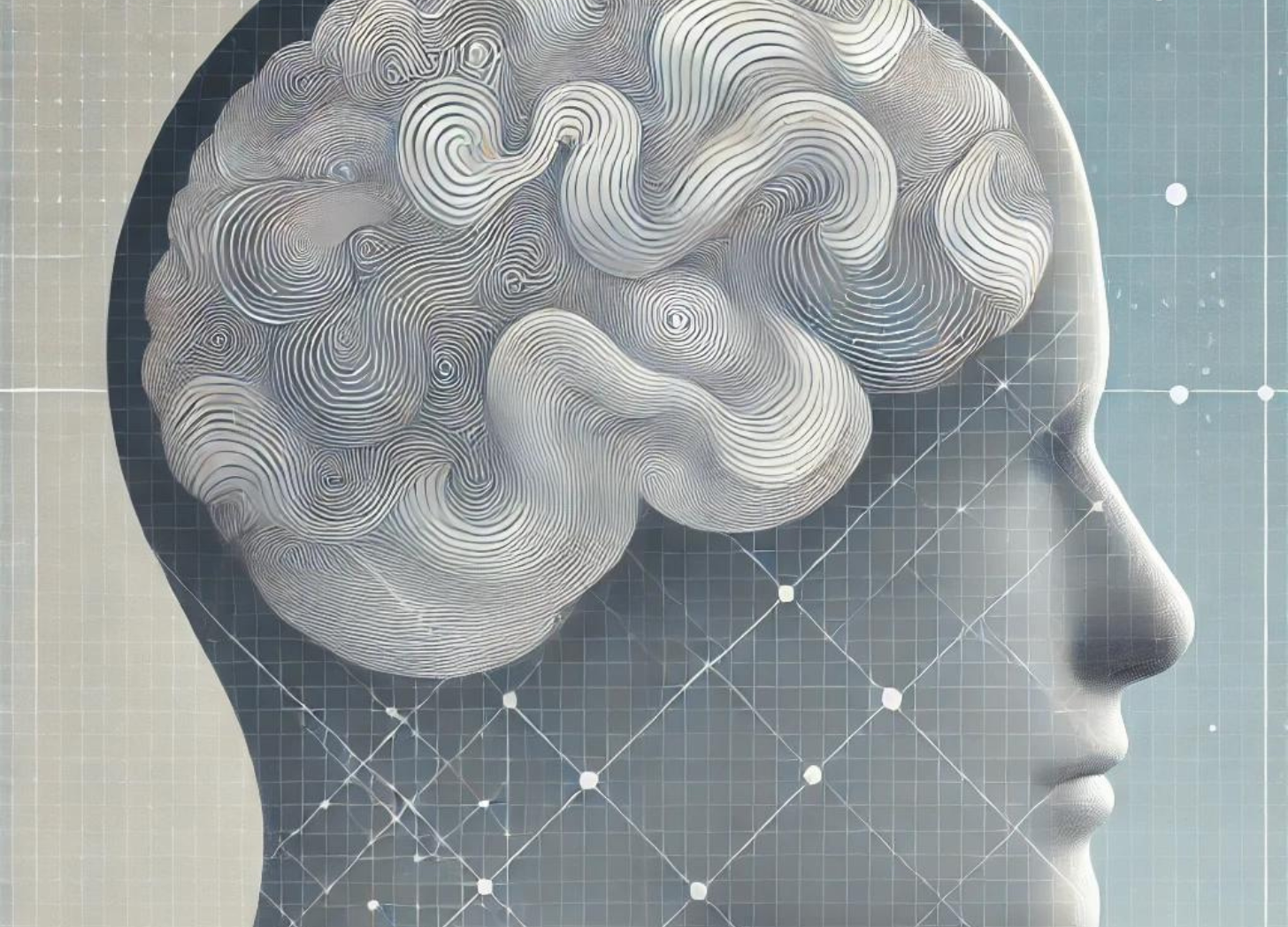
I recently came across a word that perfectly describes something I've been aware of for a long time and didn't have the language for—apophenia. I've often noticed how people can spot patterns or connections in places where none exist, and now I have the term for it.
"Apophenia is the tendency of humans to perceive patterns or connections in random or unrelated information. It's a cognitive bias where people find meaning, significance, or cause-and-effect relationships where none actually exist. This phenomenon often manifests in seeing patterns in random data, such as seeing shapes in clouds, faces in inanimate objects (pareidolia), or making connections between unrelated events.
Apophenia can be seen in various contexts, such as conspiracy theories, where people link unrelated facts to create a narrative, or in gambling, where people believe in 'winning streaks' or 'hot hands' based on random outcomes.
It's a normal part of how our brains work, as humans are naturally inclined to seek patterns in order to make sense of the world. However, when this tendency goes too far, it can lead to erroneous beliefs and interpretations." -This content was generated using AI via ChatGPT.
Studying cognitive biases and logical fallacies has become a hobby for me. I find it helpful to recognize these tendencies, as it helps me sift through information and make rational decisions—to the best of my ability.
You might be wondering how this relates to personal development.
Here's my take:
One of the challenges in personal development is that successful people often struggle to determine what exactly created their success, making it difficult for them to teach others. They might attribute their success to specific actions or mindsets; in reality, many other factors—some of which may be random or unrelated—could have played a role. This makes it harder to distill clear, actionable lessons for others to follow.
That's why understanding concepts like apophenia and other cognitive biases is so important. They help us question the assumptions and patterns we think we're seeing, making it easier to filter out the noise.
Enjoyed this post? Like, share, or leave a comment below!
If you’re excited about learning more and enhancing your personal growth journey, consider a membership to receive valuable NLP and personal development content each week. I’ll break down key NLP topics, explaining how they work and why they matter. Perfect for learners seeking regular, bite-sized insights into the world of NLP!
Image created with the assistance of AI using ChatGPT.
